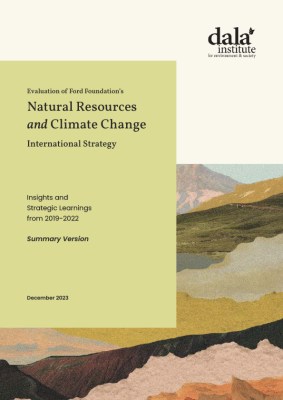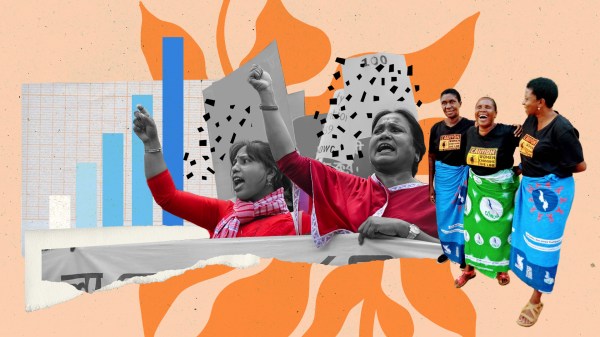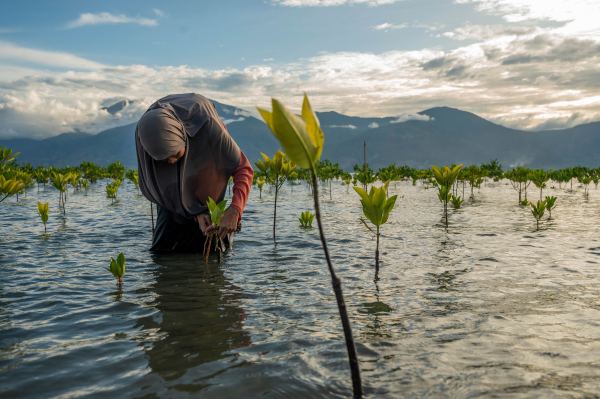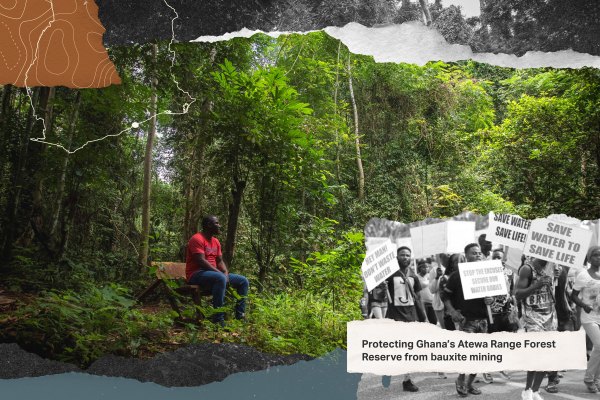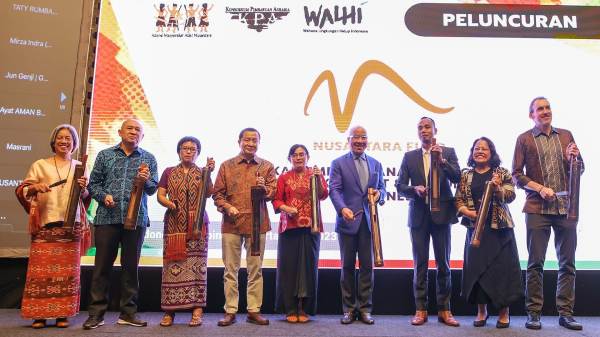Natural Resources and Climate Change
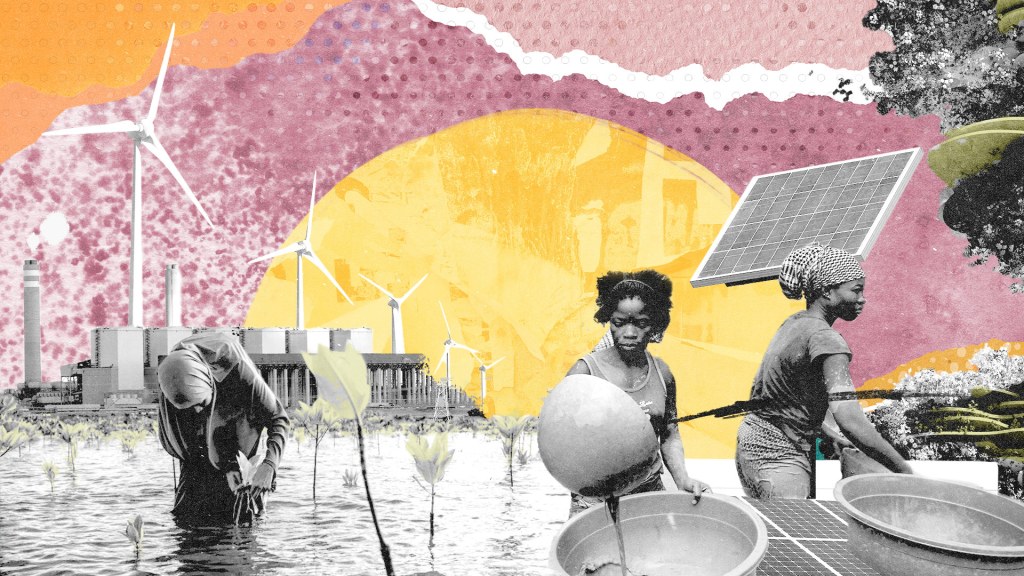
Throughout the Global South, the extraction of natural resources—metals, minerals, forests, and fossil fuels—is growing rapidly, causing severe environmental damage and social harm, particularly to indigenous and rural communities. Added to that, weak governance and corruption mean that revenues from extraction disproportionately benefit big corporations and all too commonly bypass the communities of origin entirely.
Indigenous peoples and local communities with secure rights to their land are the best defenders of the natural environment. Currently, communities with these rights prevent at least 300 billion metric tons of carbon from being released into the atmosphere by stopping deforestation of their lands. Yet, while indigenous peoples and local communities claim customary rights over at least half the world’s lands and forests, they have legally recognized rights to own or use just 18 percent.
Our goal is to foster agency among rural communities in South Africa, Zimbabwe, Nigeria, Ghana, Senegal, Colombia, Peru, Brazil, Mexico, Guatemala, Honduras, and Indonesia—helping them to secure land rights and have their say in the planning of projects. They should enjoy their fair share of revenues when projects do occur and receive compensation when there are injurious outcomes.
Additionally, we work with companies and governments to reduce illicit finance, corruption, tax evasion, and environmental crimes associated with the natural resource sector, and to redirect associated savings toward programs that help reduce inequality.
Program staff in Natural Resources and Climate Change


